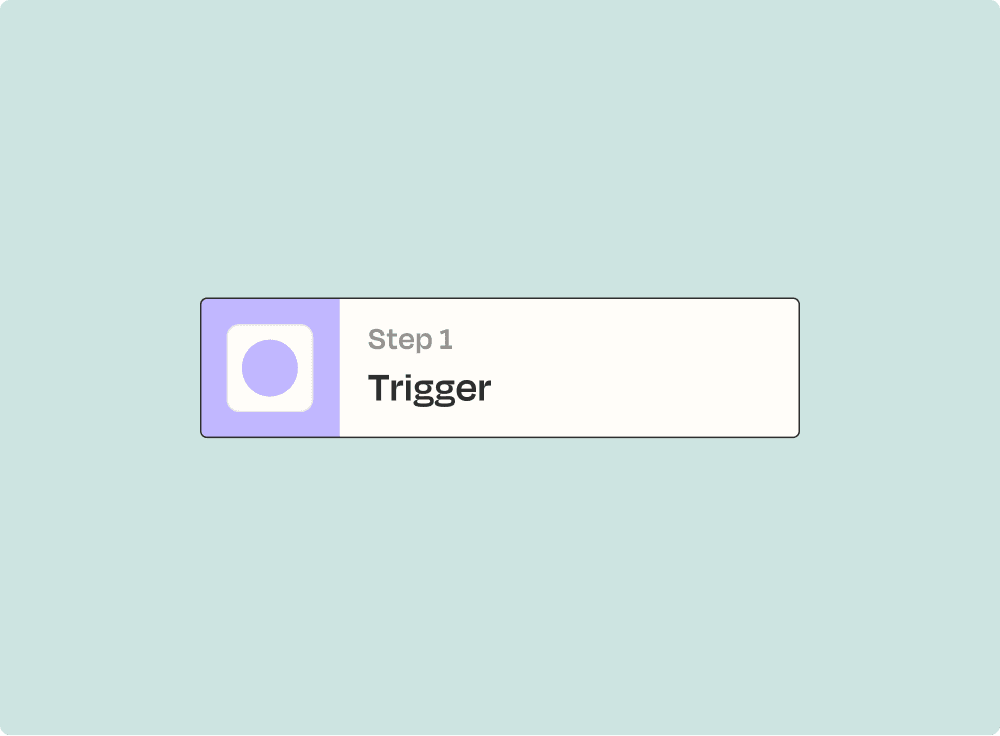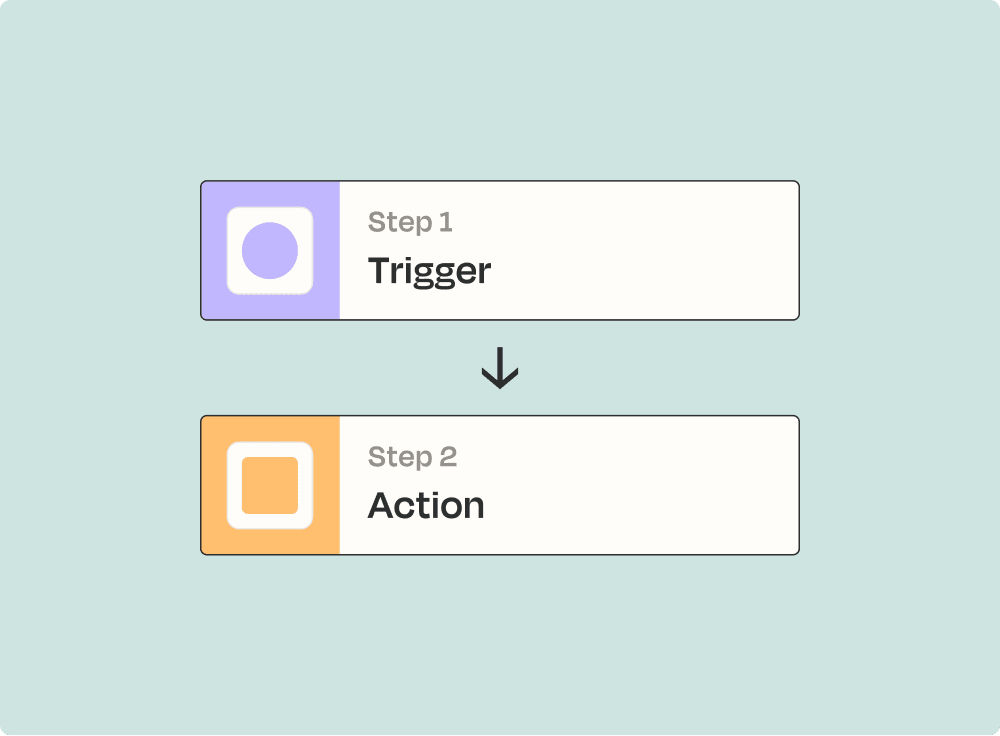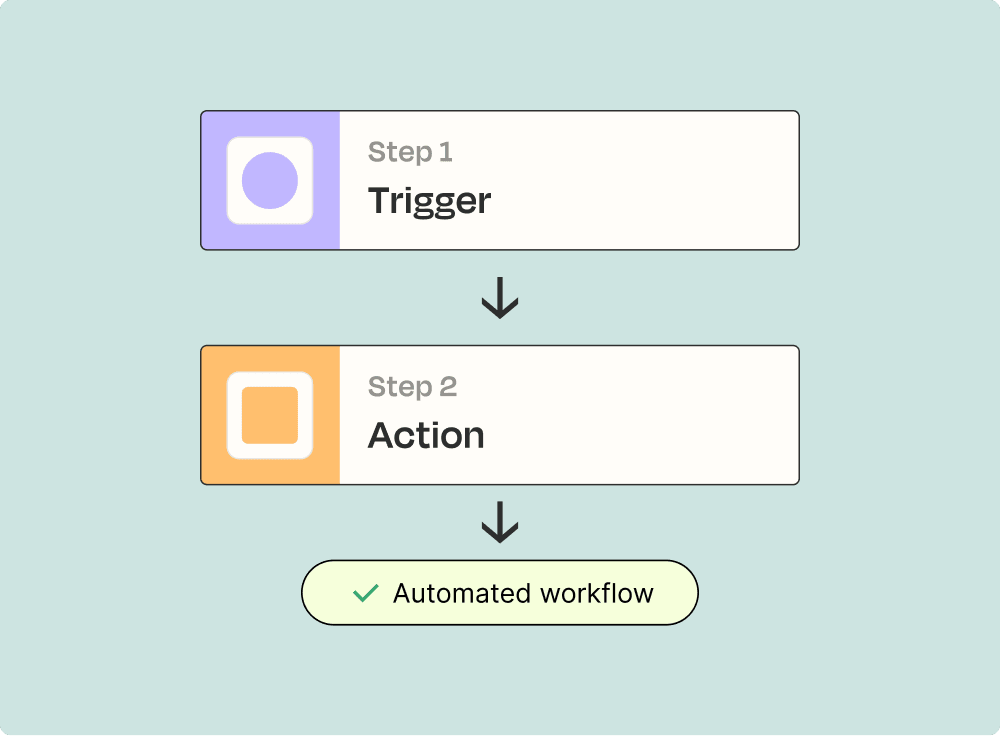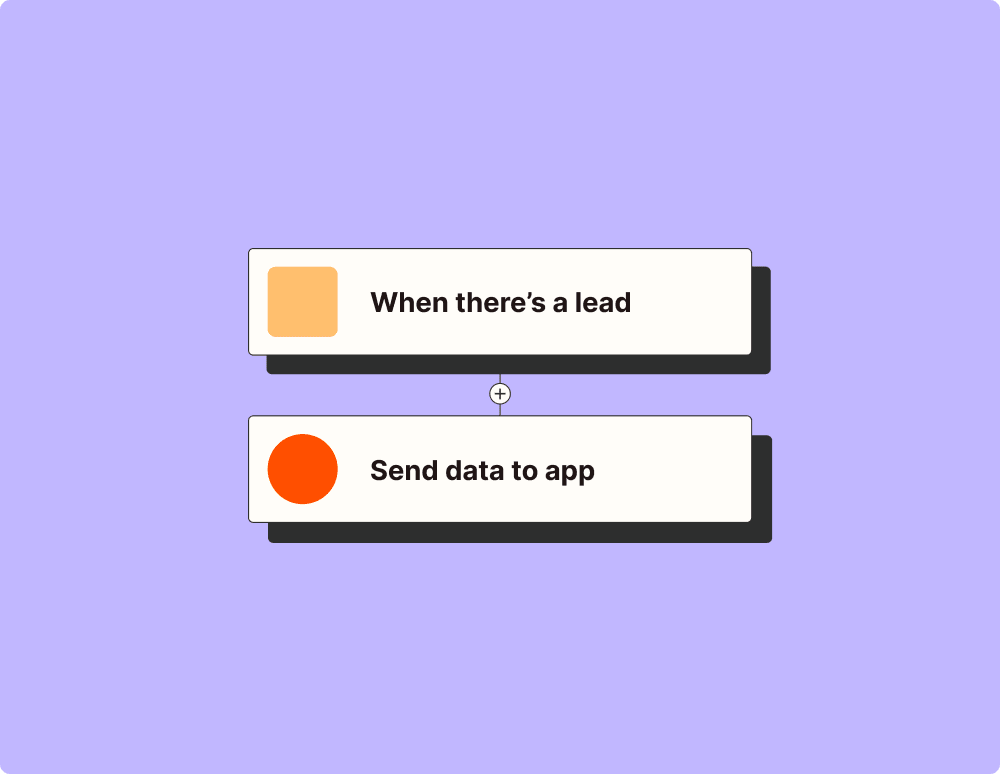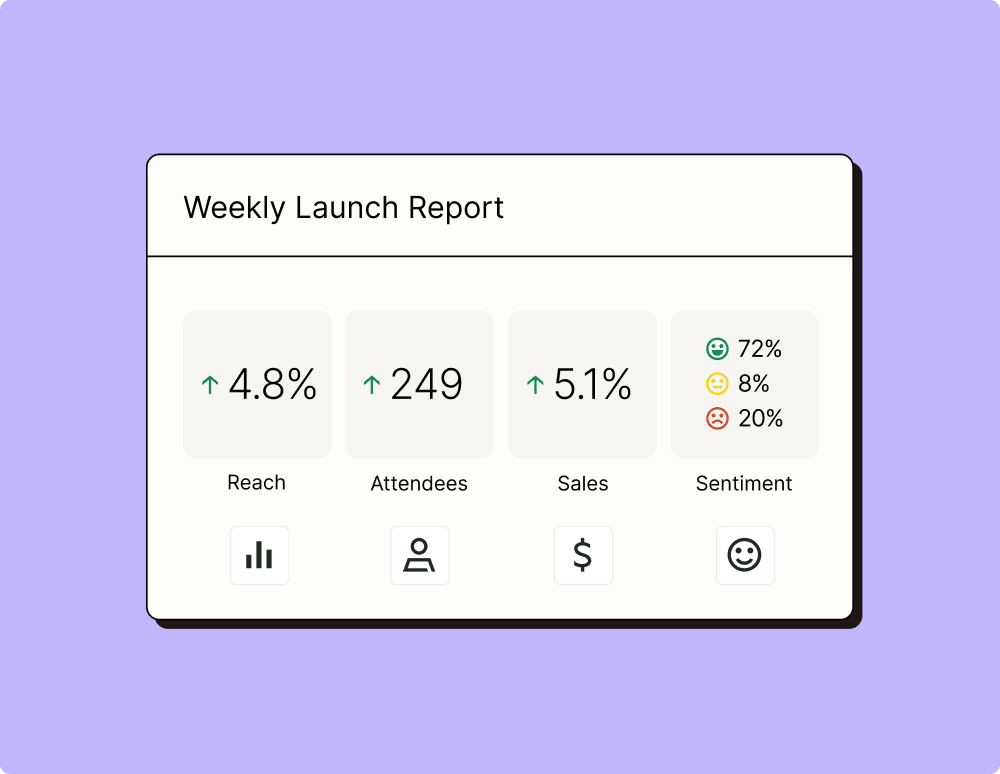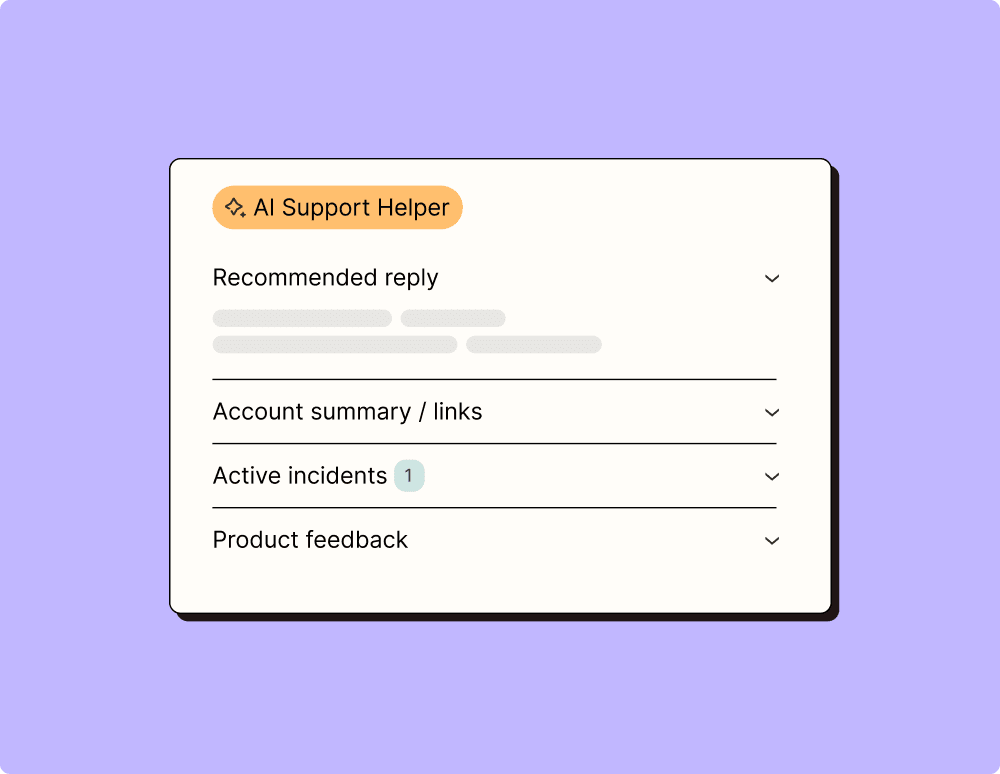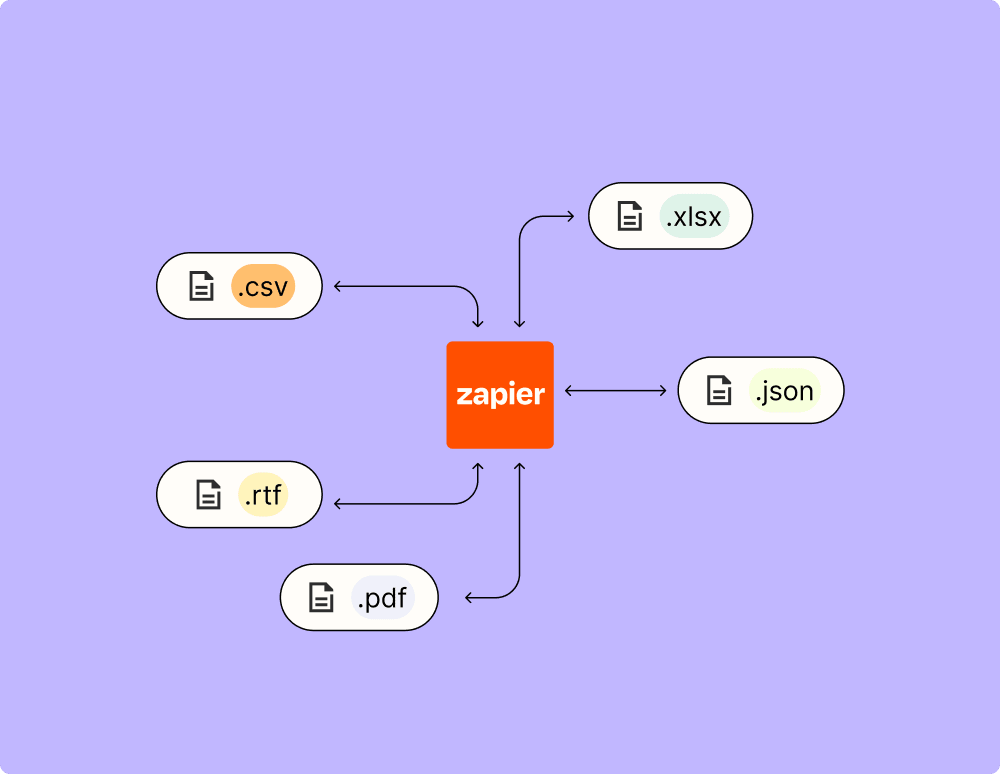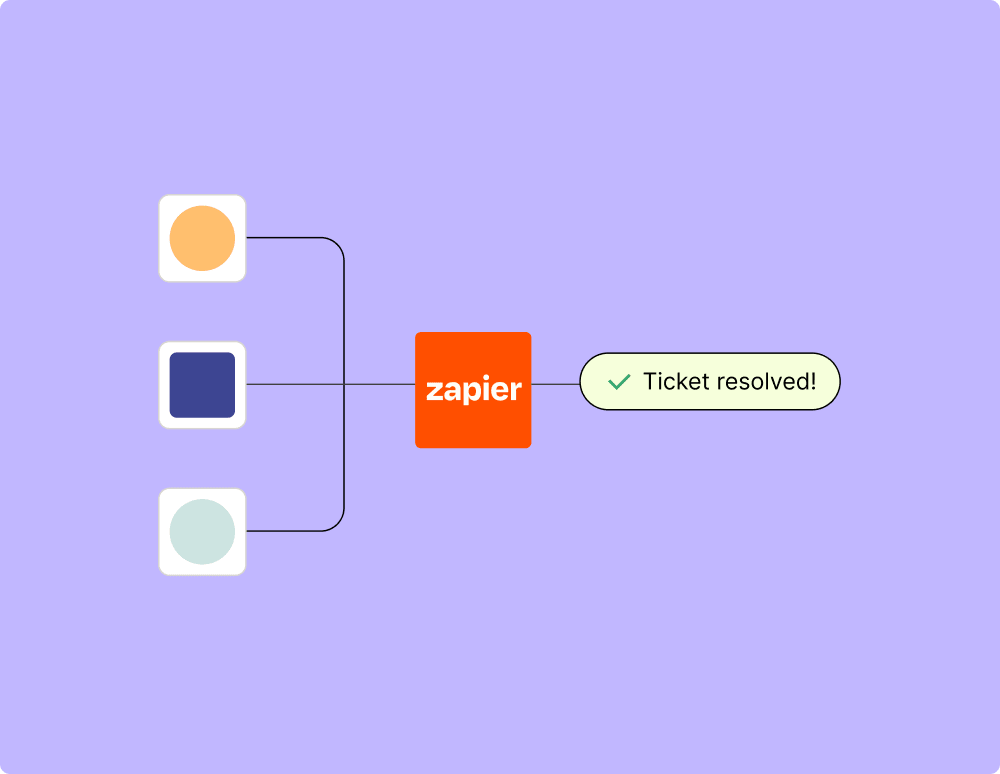Connect MapMyFitness and Strava to unlock the power of automation
- No credit card required
- Free forever for core features
- 14-day trial for premium features and apps
Set up your first integration
Quickly connect MapMyFitness to Strava with a Zapier template.
Our most popular template

How Zapier works
Zapier makes it easy to integrate MapMyFitness with Strava - no code necessary. See how you can get setup in minutes.
Zapier is the automation platform of choice for 87% of Forbes Cloud 100 companies in 2023
93%
Customers who say using Zapier has made them better at their job
25m
Customers have created over 25 million Zaps on the platform
6 mins
The average user takes less than 6 minutes to set up a Zap
Frequently Asked Questions about MapMyFitness + Strava integrations
New to automation with Zapier? You're not alone. Here are some answers to common questions about how Zapier works with MapMyFitness and Strava
What do I need to start integrating MapMyFitness with Strava?
To begin integrating MapMyFitness with Strava, you need active accounts on both platforms and access to Zapier, our automation tool that connects your apps together. You'll set up a Zap where MapMyFitness can be a trigger or an action depending on your desired automation.
How can I automatically sync workouts from MapMyFitness to Strava?
You can automatically sync workouts from MapMyFitness to Strava by creating a Zap that triggers whenever you complete a workout in MapMyFitness. The action can be set to 'Create Activity' in Strava, ensuring all your fitness data is transferred seamlessly.
Can I receive notifications from Strava activities into MapMyFitness?
Currently, the integration focuses more on syncing data from MapMyFitness into Strava rather than notifications. However, you could set up custom notifications within your linked applications for activity updates.
Is it possible to update my workout details in Strava when they change in MapMyFitness?
Absolutely! You can configure a Zap where any changes or updates to workout details in MapMyFitness will trigger an update action in the corresponding activity on Strava.
What happens if there's an error during synchronization between these apps?
If there's an error during synchronization of your data between MapMyFitness and Strava, our system will notify you immediately. You can then check the logs and make manual corrections or retry synchronizing.
Are there any limitations with the integration between these two platforms?
One limitation is the current focus mainly aligning workout activities like runs or cycling sessions. Other specialized metrics or non-workout related data may not sync directly due to API restrictions.
How do we ensure secure data transfer between MapMyFitness and Strava?
We use secure OAuth authentication methods for connecting your accounts, ensuring all data transfers between MapMyFitness and Strava are encrypted and safe from unauthorized access.
Supported triggers and actions
Zapier helps you create workflows that connect your apps to automate repetitive tasks. A trigger is an event that starts a workflow, and an action is an event a Zap performs.
- New Workout
Triggers when a new workout is completed.
Try It - Transfer Athlete Activities
This trigger is for use in Transfer. If not using Transfer, use the new "New Athlete Activity" instant trigger instead.
Try It - New Athlete Activity
Triggers when you post a new activity.
Try It - Create Totals and Stats Report
Creates report that includes recent (last 4 weeks), year to date and all time stats of your activities.
- TypeRequired
- Start Date and TimeRequired
- Duration
- Distance
- Distance Units
- Workout Name
- Notes
- Calories Burned
- Average Heart Rate
- Privacy
- ClubsRequired
Try It- Activity_nameRequired
- TypeRequired
- Activity Start Date/TimeRequired
- Activity Elapsed Time (in seconds)Required
- Activity_description
- Activity Distance (in meters)
- Trainer
- Commute
- Api_docs_info
- HTTP MethodRequired
- URLRequired
- Query String Parameters
- Headers
- Additional Request Headers
- Body
